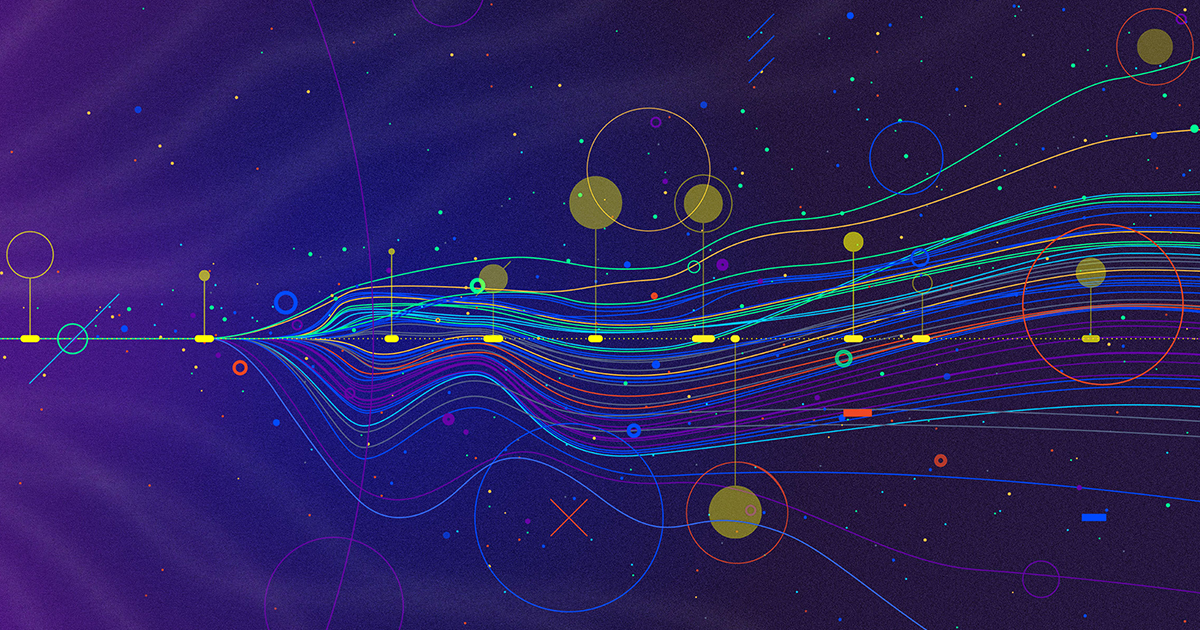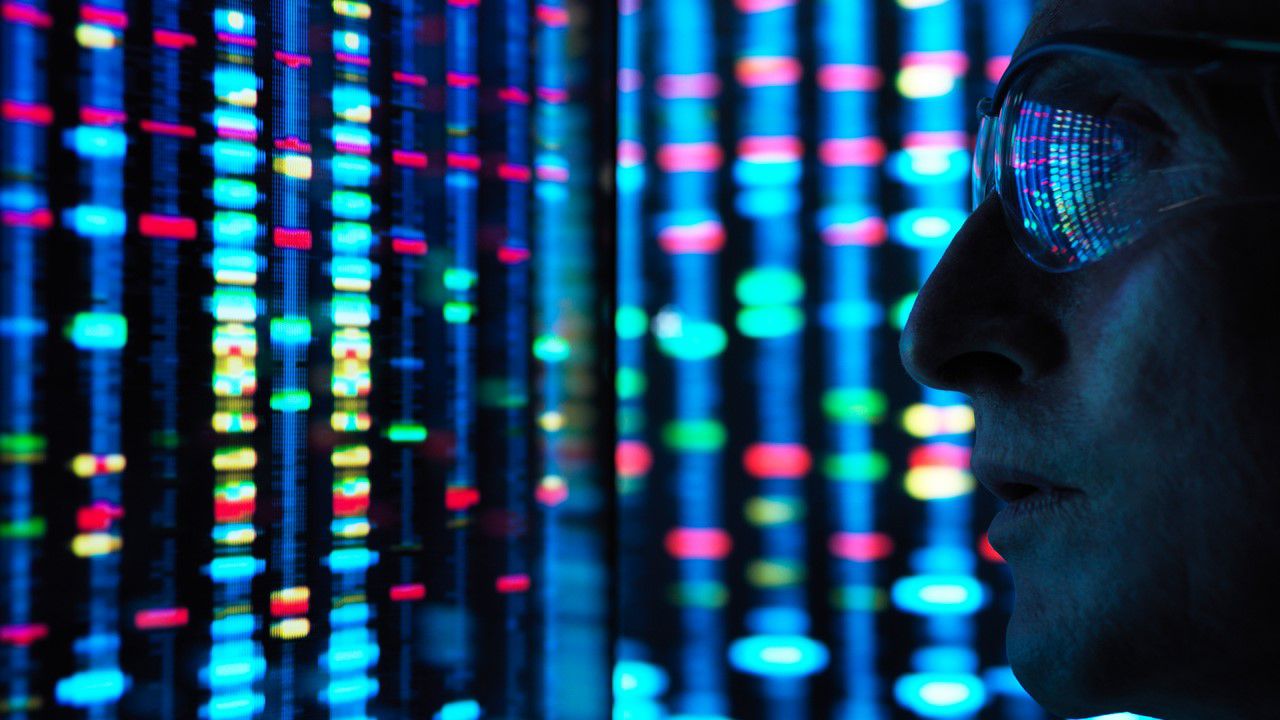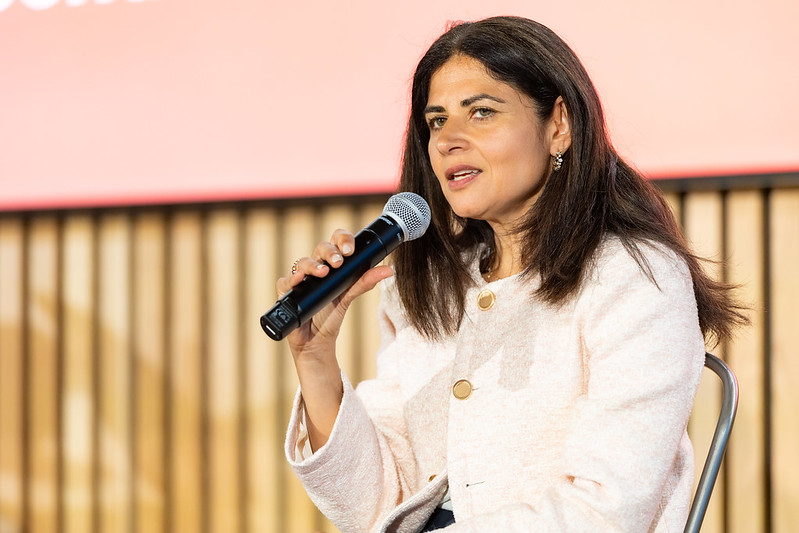
Artificial intelligence (AI) is increasingly transforming the landscape of science and mathematics, influencing not only the methods used for discovery but also the fundamental understanding of what it means to be a scientist or mathematician.
The integration of AI into research fields is enabling scientists to tackle problems previously considered too complex or data-intensive. Machine learning algorithms can sift through massive datasets, identify patterns, and suggest hypotheses at speeds far beyond human capabilities. This is accelerating progress in areas such as genomics, materials science, and theoretical physics.
In mathematics, AI tools are being used to explore abstract theories, generate new conjectures, and even assist in proving theorems. These developments could alter the traditional role of mathematicians from proof-solvers to interpreters and curators of AI-generated insights.
Beyond tools, AI is prompting a philosophical shift in the scientific method. With AI capable of making autonomous discoveries, questions arise about authorship, credit, and the very nature of understanding in scientific inquiry. As AI systems grow in complexity and sophistication, the line between human and machine creativity continues to blur, raising both exciting opportunities and ethical considerations for the future of knowledge creation.
These changes are not just technical but cultural, redefining who gets to participate in science and how. As AI becomes a more integral part of research, the skills and training required to be a scientist or mathematician are evolving, necessitating a reconsideration of education and interdisciplinary collaboration. The scientific community is now faced with the task of integrating these new capabilities responsibly and equitably across disciplines.
Source: https:// – Courtesy of the original publisher.








